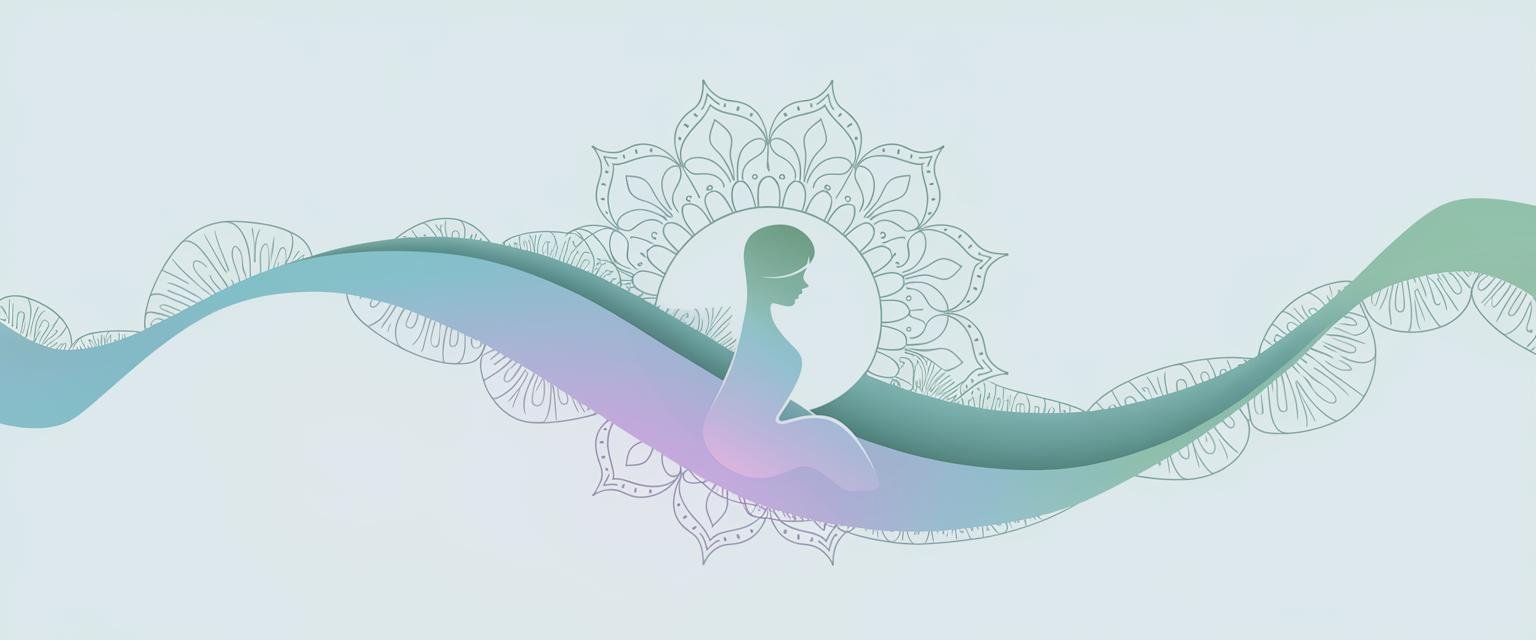Hormones and Mood Swings: Insight for Balance
Introduction
Ever found yourself laughing one minute and fighting tears the next, wondering what’s happening inside your body? If you’ve experienced these emotional waves, you’re not alone. Hormonal fluctuations are a natural part of being a woman, yet they can sometimes make us feel out of control. Understanding the connection between hormones and mood swings isn’t just helpful—it’s essential for our emotional wellness and daily functioning.
Table of Contents
- Understanding Hormones and Mood Connection
- Hormonal Fluctuations Through Life Stages
- Practical Ways to Balance Hormones Naturally
- Quick Wellness Questions
- Finding Your Path Forward
Understanding Hormones and Mood Connection
The Chemistry Behind Your Emotions
Hormones are powerful chemical messengers that affect nearly every aspect of our health—including our emotions. Estrogen and progesterone don’t just regulate our reproductive system; they influence neurotransmitters like serotonin and dopamine, which directly impact our mood. When these hormones fluctuate, so can our emotional state, creating anything from mild irritability to significant anxiety or sadness.
The Cyclical Nature of Women’s Hormones
Unlike men, women experience regular hormonal shifts throughout their monthly cycle. Estrogen rises during the first half, often bringing energy and optimism, then drops after ovulation as progesterone increases. This second-half shift can trigger PMS symptoms, including mood changes that many women find challenging to manage.
Hormonal Fluctuations Through Life Stages
Monthly Cycles and PMS
Premenstrual Syndrome (PMS) affects up to 90% of women, with mood symptoms appearing 1-2 weeks before menstruation. For some women, these mood changes go beyond irritability to include depression symptoms—a condition called Premenstrual Dysphoric Disorder (PMDD). Tracking your symptoms can help identify patterns and prepare for challenging days.
Perimenopause: The Transition Years
Perimenopause mood changes can begin in your late 30s or early 40s—much earlier than many women expect. During this transition, erratic estrogen levels can cause mood swings, anxiety, and even depression. Many women describe feeling unlike themselves, with emotions that seem disproportionate to situations.
Pregnancy and Postpartum
The dramatic hormonal shifts during pregnancy and after childbirth create some of life’s most significant mood changes. While pregnancy might bring emotional sensitivity, the sudden hormonal drop after delivery can trigger postpartum blues or depression for many women.
Practical Ways to Balance Hormones Naturally
Nutrition Strategies for Hormonal Balance
What you eat significantly impacts hormonal balance. Include healthy fats like avocados and olive oil, which provide the building blocks for hormone production. Complex carbohydrates help maintain stable blood sugar, preventing mood-disrupting spikes and crashes. Cruciferous vegetables like broccoli and cauliflower support estrogen metabolism, while seeds like flax and pumpkin provide essential nutrients for hormonal health.
Movement and Exercise
Regular physical activity helps regulate hormones by reducing stress hormones like cortisol and boosting endorphins—your body’s natural mood lifters. During PMS or perimenopause mood changes, gentle exercise like yoga or walking can be particularly effective. For regular hormone balance, aim for 30 minutes of movement most days.
Stress Management Techniques
Stress directly affects your hormonal balance by elevating cortisol, which can disrupt other hormones. Mindfulness practices, deep breathing exercises, and adequate sleep are powerful tools for managing stress and supporting hormonal harmony. Even five minutes of conscious breathing can help reset your stress response.
When to Seek Professional Support
While lifestyle changes help many women, sometimes professional support is necessary. Consider speaking with a healthcare provider if mood swings significantly impact your quality of life, relationships, or ability to function. Hormone testing can provide valuable insights, and various treatments—from supplements to medications—can help restore balance.
Quick Wellness Questions
Q: How do hormones affect a woman’s mood?
A: Hormones like estrogen and progesterone influence brain chemicals including serotonin, dopamine, and GABA—all key mood regulators. When hormone levels change, these neurotransmitters fluctuate too, directly affecting emotional states from calm and happy to anxious or depressed.
Q: What are common causes of mood swings in women?
A: The primary causes include monthly menstrual cycle changes, pregnancy, postpartum recovery, perimenopause, and menopause. External factors like poor sleep, high stress, and nutritional imbalances can worsen hormone-related mood changes.
Q: What lifestyle adjustments can help balance hormones naturally?
A: Focus on hormone-supporting nutrition (healthy fats, fiber, and antioxidants), regular physical activity, stress management practices, quality sleep, and limiting alcohol and caffeine. Consistent daily routines help stabilize hormonal patterns.
Q: Is it normal to have intense emotional reactions before my period?
A: Yes, heightened emotional sensitivity is common during the luteal phase (after ovulation). For 3-8% of women, these symptoms are severe enough to qualify as PMDD. If emotions consistently interfere with your daily functioning, consider discussing this with a healthcare provider.
Finding Your Path Forward
Understanding the connection between hormones and mood swings gives us the power to work with our bodies rather than against them. By recognizing hormonal patterns, implementing supportive lifestyle practices, and seeking help when needed, we can find greater emotional stability throughout our various life stages. Remember that hormonal balance is a practice, not a perfect state—be patient with yourself as you discover what works for your unique body and emotional wellness.
The next time you experience a sudden mood shift, pause to consider where you are in your cycle or life stage. This awareness alone can provide comfort and direction for your self-care practices. Your hormones are part of your female wisdom—not obstacles to overcome, but guides to understand.
Subscribe to our newsletter for weekly wellness tips and mindful practices from Hey Mandala.

